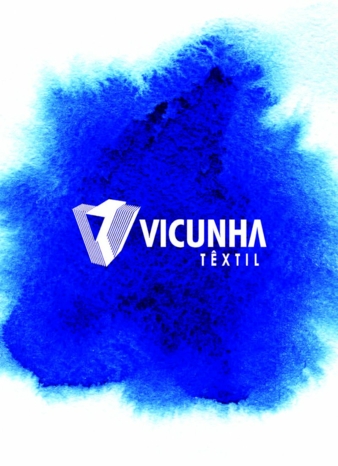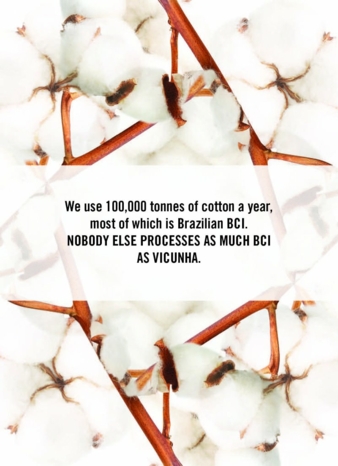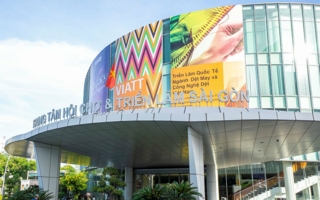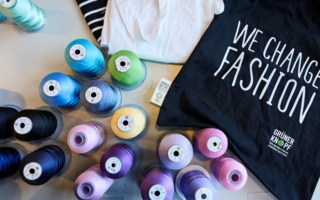22/08/2017 – Vicunha Textil S.A. — auf Deutsch lesen
Sustainability in Brazilian
As one of the biggest manufacturers in the world Vicunha Textil S.A. is setting standards in matters concerning sustainability.
Tomas Dieslich, Managing Director Vicunha Textil Europe and Asia: “We use 100,000 tonnes of cotton a year, most of which is Brazilian BCI. Nobody else processes as much BCI as Vicunha”.
What means BCI Cotton?
Sustainable cotton production through better social conditions for cotton farmers, treating nature and its resources with respect and promoting sustainable farming for the future in the crop growing countries form the focal points of the BCI efforts. Water is used only very judiciously to grow cotton and the use of standard chemicals is reduced to the minimum. Only farms with ethical standards and guarantee of origin pass muster with the company. As the largest individual consumer of BCI (Better Cotton Initiative) cotton they process approximately 100,000 tonnes of BCI cotton a year, this coupled with the fact that Vicunha creates zero landfill the company has much to offer.
Reduce: Re-use: Recycle
Vicunha runs a biodegradable waste water system, maximum use of water is obtained during production by harvesting and re-reusing it. They are now producing articles with new dye technology which uses less water, the dye is absorbed and fixed to the fabric without additional baths for removing excess dye. This method uses 80% less water. Vicunha maximizes its energy efficiency by harvesting and re-using both energy and water wherever possible. In the production of fabrics the denim specialist operates a heat exchange system, this heats up incoming water with outgoing water to 60 degrees. Vicunha also recycle and re-use chemicals, this can be observed in the 100% recovery of caustic soda, which is separated from the water, both are then able to be re-used. Every part of production is fine tuned to maximise energy efficiency and minimise waste. Every single piece of precious BCI cotton is used, there is absolutely no waste in the making of Vicunha fabric. They recycle their own cotton in house, any waste obtained is harvested and re-used. The recycled cotton is re spun and woven back into fabric, when the fibres become too short to use they are then used to make briquettes which fuel the boilers.
Vicunha recycles and re-uses chemicals, energy and water. State of the art machinery and clever adaptions for reclaiming and re-using energy maximises every area of production. Vicunha produce fabric with the utmost respect for the environment, using less virgin cotton, making responsible soil occupation, avoiding transport and pollution by using local materials wherever possible.
Social Responsibility
Vicunha runs many social initiatives in the area, providing education for many of the local disadvantaged youngsters, with the opportunity of additional training and further education for its employees. The Pescar project supports youths facing the most hardship, this is funded independently by Vicunha. Vicunha operate a bar code system that allows to track back to the very plot in which the cotton was harvested, offering traceability on every roll of fabric. The boilers are fired on cashew and coconut shells that are abundant in the region and would otherwise go to waste. No chemicals are released into the atmosphere, the CO2 emissions are harvested and used in the water treatment plant as part of the water cleaning process.
“Sustainability is in our DNA”
Vicunha has followed sustainability as part of its corporate culture long before participating in the Better Cotton Initiative. The company has since years been manufacturing in conformity with the ISO 9001, ISO 14001 and Oeko-Tex Standard 100 quality marks, which testifies the non-use of substances hazardous to humans in manufacturing, dyeing and finishing procedures. Vicunha products also conform to the REACH norm (Registration Evaluation, Authorisation and Restriction of Chemicals). It is permanently invested in recycling too, in addition to the cotton recycling; recycled plastic bottles and biomass are used instead of oils or fuels to produce polyester.
Watch the movie here





